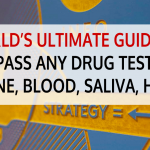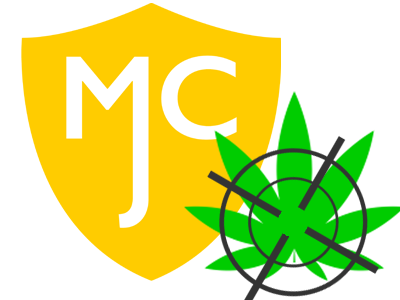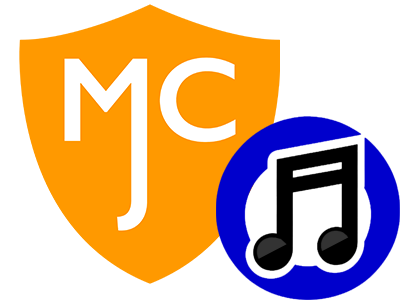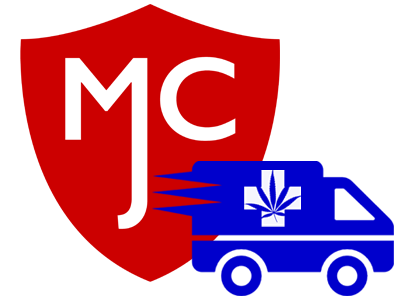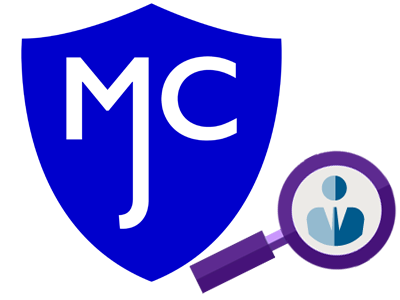
Welcome to our comprehensive guide on THC detoxification methods! If you’ve been searching for ways to remove THC from your body before a drug test, you’ve probably come across various myths and misconceptions. In this article, we will debunk these common myths and provide you with accurate information so you can make informed decisions about your health and drug testing. Today, we’re starting with the topic of sweating out THC in a sauna.
Many people believe that sweating profusely in a sauna can help eliminate THC from the body quickly. However, the truth is that while exercise, including sauna sessions, can release some stored THC from fat tissue, the effects are minimal. Sweating in a sauna alone will not significantly decrease the detoxification timeline for THC removal. Let’s explore this topic further to separate fact from fiction.
Key Takeaways:
- Sweating in a sauna is not a reliable method for detoxifying THC for a drug test.
- Exercise, including sauna sessions, may slightly decrease THC levels, but the effects are minimal.
- Detoxification from THC takes time, and there are no quick fixes or shortcuts.
- Professional help is available for treating marijuana use disorder and addressing withdrawal symptoms.
- Allowing THC to naturally exit the body over time is the most effective approach for passing a drug test.
How Long Does THC Stay in the Body?
The timeframe for THC to leave the body varies depending on several factors, including the frequency of use, metabolism, body fat percentage, and the sensitivity of the drug test. THC is primarily stored in adipose (fat) cells and is released slowly over time. As a result, the detection window for THC can vary from person to person.
Occasional consumers who use marijuana infrequently may have detectable levels of THC in their urine for up to three days after use. On the other hand, frequent consumers who use marijuana regularly may test positive for THC in urine for a longer period, ranging from 10 days to a month or more after last use.
It is important to note that these timeframes are estimates, and individual results may vary. Other factors, such as the potency of the marijuana used, can also impact the length of time THC remains detectable in the body.
Factors Affecting THC Elimination:
- Frequency of use
- Metabolism
- Body fat percentage
- Sensitivity of the drug test
- Potency of the marijuana used
Understanding how long THC stays in the body is crucial for individuals facing drug testing, whether for employment purposes or legal reasons. It is important to allow enough time for THC to naturally exit the body before undergoing a drug test to avoid any potential consequences.
Table: Detection Timeframes for THC in Urine
| Frequency of Use | Detection Time |
|---|---|
| Occasional Use | Up to 3 days |
| Frequent Use | 10 days to 1 month or more |
Debunking Common THC Detox Methods
When it comes to detoxing from THC, there are many myths and misconceptions surrounding the process. Let’s take a closer look at some common methods that are often promoted as ways to speed up the detoxification process and debunk them:
Sweating it out through exercise
One popular belief is that sweating through exercise can help eliminate THC from the body. While it is true that exercise can help release THC stored in fat tissue, the effects are minimal and do not significantly decrease the detox timeline. Sweating alone is not a reliable method for detoxification and should not be solely relied upon.
Drinking excessive water
Another common misconception is that drinking excessive amounts of water can speed up the detox process. However, this is not the case. Drinking excess water can actually be harmful and may lead to water intoxication, which can be life-threatening. It is important to maintain a balanced fluid intake and not rely solely on water to detox from THC.
Cranberry juice, vinegar, and detox teas
Some people believe that consuming cranberry juice, vinegar, or detox teas can help flush THC out of the system. However, there is no scientific evidence to support the effectiveness of these methods. These drinks may have other health benefits, but they do not significantly speed up the detoxification process for THC.
It is best to allow THC to naturally leave the body over time. Detox kits and other methods that claim to expedite the process should be approached with caution as they lack scientific proof and may even be potentially harmful. The most effective way to pass a drug test is to abstain from marijuana use and give your body enough time to naturally eliminate THC.

| Common THC Detox Methods | Effectiveness |
|---|---|
| Sweating through exercise | Minimal effect on detox timeline, not reliable |
| Drinking excessive water | Not effective, can be harmful |
| Cranberry juice, vinegar, and detox teas | No scientific evidence of effectiveness |
| Detox kits | No scientific proof, potential harm |
Table: Effectiveness of Common THC Detox Methods
The Addictive Nature of Marijuana
When it comes to marijuana, it is important to understand that this substance is highly addictive. Research suggests that approximately 30% of individuals who try marijuana may develop a marijuana use disorder. The addictive nature of marijuana can have significant impacts on a person’s physical and mental health.
Withdrawal symptoms are commonly experienced by individuals who stop using marijuana after a period of heavy use. These symptoms can include aggression, mood swings, anxiety, depression, insomnia, restlessness, changes in appetite, vomiting, abdominal pain, headaches, and more. The severity and duration of these symptoms can vary from person to person, but seeking professional help for treating marijuana use disorder is crucial.
Professional treatment options for marijuana use disorder include support groups, medication, one-on-one counseling, and drug rehab programs. These programs are designed to provide individuals with the necessary support and tools to overcome their addiction and regain control of their lives. It is important to remember that early intervention and treatment can lead to a successful recovery.
Table: Withdrawal Symptoms of Marijuana Use Disorder
| Withdrawal Symptoms |
|---|
| Aggression |
| Mood swings |
| Anxiety |
| Depression |
| Insomnia |
| Restlessness |
| Changes in appetite |
| Vomiting |
| Abdominal pain |
| Headaches |
Understanding the addictive nature of marijuana is essential in order to address the potential risks and challenges associated with its use. Seeking professional help is a vital step towards recovery and can provide the necessary support and guidance for individuals struggling with excessive marijuana use.
Treatment Options for Marijuana Use
In cases where excessive marijuana use becomes a problem, seeking professional help is crucial. Treatment options for marijuana use disorder are available to help individuals regain control of their lives. These options include support groups, medication, one-on-one counseling, and drug rehab programs.
Support groups provide a valuable network of individuals who are going through similar struggles and can offer guidance and support. These groups can be a source of encouragement and understanding throughout the recovery process.
Medication may be prescribed to help manage withdrawal symptoms and cravings associated with marijuana use disorder. These medications can aid in reducing the discomfort of withdrawal, making it easier for individuals to focus on their recovery.
| Treatment Options | Description |
|---|---|
| Support Groups | Offer guidance and support from individuals going through similar struggles. |
| Medication | Prescribed to manage withdrawal symptoms and cravings. |
| One-on-One Counseling | Provides personalized therapy to address underlying issues and develop coping strategies. |
| Drug Rehab Programs | Comprehensive programs that provide a structured environment for recovery and therapy. |
One-on-one counseling can be an effective treatment option for marijuana use disorder. Through personalized therapy sessions, individuals can address underlying issues that may have contributed to their excessive marijuana use. Counseling also helps individuals develop healthy coping strategies to manage cravings and triggers.
For those who require intensive treatment, drug rehab programs offer a comprehensive approach to recovery. These programs typically include therapy sessions, group counseling, educational workshops, and activities designed to promote overall well-being and sobriety. In a rehab program, individuals receive the support and tools they need to overcome their addiction and build a healthier future.
Understanding Drug Testing and Detox Myths
In the world of drug testing and detoxification, there are many myths and misconceptions that can lead to confusion and false expectations. It is important to separate fact from fiction to make informed decisions about detox methods and understand the true capabilities of drug tests. We debunk some of the most common drug testing and detox myths below:
Myth: Passive inhalation of marijuana smoke can cause a positive drug test result.
Fact: Passive inhalation of marijuana smoke is highly unlikely to result in a positive drug test. Drug tests typically have a threshold level for detection, meaning that trace amounts of THC from secondhand smoke are unlikely to reach the level required for a positive result. It would require extensive exposure in an enclosed space with high levels of smoke to potentially trigger a positive test.
Myth: Body fat significantly affects drug test results for marijuana.
Fact: While THC is stored in fat cells, the amount of body fat a person has does not significantly influence drug test results. Drug tests detect the presence of THC or its metabolites in bodily fluids, such as urine or saliva, and are not affected by the amount of fat in the body. It is the concentration of THC or its metabolites that determines the test result, not the individual’s body fat percentage.
Myth: Consuming poppy seeds can cause a positive drug test for opiates.
Fact: While poppy seeds do contain trace amounts of opiates, consuming them is highly unlikely to result in a positive drug test. Most drug tests have a threshold level above which a test is considered positive, and the amount of opiates from eating poppy seeds is typically below this threshold. However, it is worth noting that consuming large quantities of poppy seeds may increase the likelihood of triggering a positive result.
Myth: Various detox methods can guarantee a negative drug test result.
Fact: Many detox methods, such as drinking excessive water, using detox teas, or consuming vinegar, claim to flush out toxins and ensure a negative drug test result. However, there is no scientific evidence to support their effectiveness. These methods may temporarily dilute urine or interfere with drug test accuracy but do not eliminate the presence of drugs in the body. The most reliable way to pass a drug test is to allow enough time for the drugs to naturally metabolize and leave the body.
By understanding the truth behind these common drug testing and detox myths, individuals can make informed decisions about their detoxification process and set realistic expectations for drug test results.
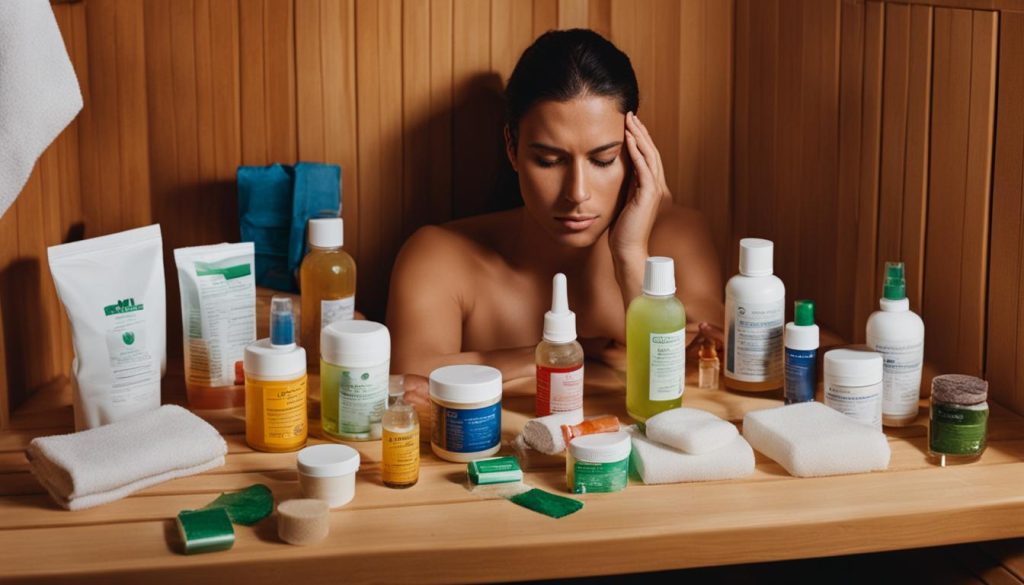
Misconceptions About Other Substances and Methods
When it comes to passing a drug test, there are several misconceptions surrounding other substances and methods that claim to help you beat the test. Let’s debunk some of these myths:
Acidic Drinks and Vitamin Supplements
Contrary to popular belief, drinking acidic beverages or taking high doses of vitamin supplements will not produce negative drug test results. These methods have no scientific basis and are not effective in eliminating or masking the presence of drugs in your system.
Urine Sediment and Poppy Seeds
Some people believe that the presence of urine sediment or consuming poppy seeds can affect drug test results. However, urine sediment is a natural occurrence and does not indicate tampering with the sample. Similarly, consuming poppy seeds will not cause a positive drug test for opiates.
Bodily Fluids and Drug Testing
There is a common misconception that engaging in certain activities, such as having sex with someone who uses drugs, can result in a positive drug test. This is simply not true. Drug tests are designed to detect specific substances in the body, and the exchange of bodily fluids will not cause a positive result in an abstinent individual.
It is important to rely on accurate information and scientific evidence when it comes to drug testing methods. Don’t fall for false claims or myths that can potentially jeopardize your chances of passing a drug test.
| Myth | Fact |
|---|---|
| Drinking acidic drinks or taking vitamin supplements can produce negative drug test results. | These methods have no scientific basis and are not effective in masking drugs. |
| Urine sediment indicates sample tampering. | Urine sediment is a natural occurrence and does not affect drug test results. |
| Consuming poppy seeds will cause a positive drug test for opiates. | Poppy seeds do not result in a positive drug test for opiates. |
| Having sex with someone who uses drugs will cause a positive drug test. | The exchange of bodily fluids does not result in a positive drug test for abstinent individuals. |
It is crucial to rely on accurate information and consult professionals when it comes to drug testing and detox methods. Understanding the truth behind these misconceptions will help you make informed decisions and ensure that you approach drug testing with the right knowledge.
Additional Myths and False Excuses
In this section, we will address some additional myths and false excuses commonly associated with drug testing and detoxification methods. It’s important to dispel these misconceptions to ensure accurate information is provided.
Dentist Visit and Alcohol in Cooked Food
Contrary to popular belief, having a novocaine shot at the dentist or consuming cooked foods with alcohol will not cause positive drug test results. While novocaine may contain trace amounts of epinephrine, it is not enough to trigger a positive result. Similarly, the alcohol content in cooked food is negligible and will not impact drug test outcomes.
Hair Washing and Drug Removal
Some individuals believe that washing their hair with special shampoos can effectively remove drugs and toxins. However, this is a myth. While certain shampoos claim to detoxify the hair, there is no scientific evidence to support their effectiveness in removing drugs.
Exchanging Bodily Fluids and Drug Testing
An often-cited misconception is that engaging in sexual activity or exchanging bodily fluids with someone who uses drugs can lead to a positive drug test. This is false. Drug testing relies on specific markers found in bodily fluids, and simply interacting with someone who uses drugs will not result in a positive test for the non-user.
| Myth | False Excuse |
|---|---|
| Baking Soda | Using baking soda to pass a drug test |
| Pectin | Consuming pectin to detoxify the body |
| Delta 8 THC | Using delta 8 THC as a substitute for regular THC |
These additional myths and false excuses should be disregarded as they lack scientific evidence and are not valid methods for passing drug tests. It is important to rely on accurate information and proven methods when approaching drug testing and detoxification.
Conclusion
In conclusion, when it comes to detoxing from THC and passing a drug test, it is important to separate fact from fiction. Many common methods and myths are ineffective or even potentially harmful. Sweating it out in a sauna or relying on various detox methods like drinking excessive water or cranberry juice do not significantly speed up the elimination of THC from the body.
If you find yourself struggling with excessive marijuana use, seeking professional treatment is essential. There are various options available, such as support groups, medication, one-on-one counseling, and drug rehab programs. Getting help early can lead to a successful recovery and allow you to regain control of your life.
Ultimately, the best approach to passing a drug test is to allow enough time for THC to naturally exit the body. Detoxing from THC is not a quick process, and quick fixes or detox kits have no scientific proof of effectiveness. It is important to approach the process with patience and choose a healthy and sustainable path.
FAQ
Does sweating in a sauna remove THC from the body?
No, sweating in a sauna does not significantly remove THC from the body.
How long does THC stay in the body?
The timeframe for THC to leave the body varies depending on factors such as frequency of use, metabolism, body fat percentage, and the sensitivity of the drug test.
Do drinking water, cranberry juice, vinegar, or detox tea speed up THC detoxification?
No, these methods do not significantly speed up the detoxification process.
Is marijuana addictive and what are the withdrawal symptoms?
Yes, marijuana is addictive and withdrawal symptoms can include aggression, mood swings, anxiety, depression, insomnia, restlessness, changes in appetite, vomiting, abdominal pain, headaches, and more.
What are the treatment options for marijuana use disorder?
Treatment options for marijuana use disorder include support groups, medication, one-on-one counseling, and drug rehab programs.
Do drug tests have any misconceptions or myths associated with them?
Yes, there are common myths surrounding drug testing, including the influence of poppy seeds, acidic drinks, and urine sediment on test results.
Are there any other misconceptions or false excuses related to drug tests?
Yes, there are misconceptions regarding novocaine shots, alcohol in cooked food, diabetes, exercise, hair washing, and exchanging bodily fluids.




